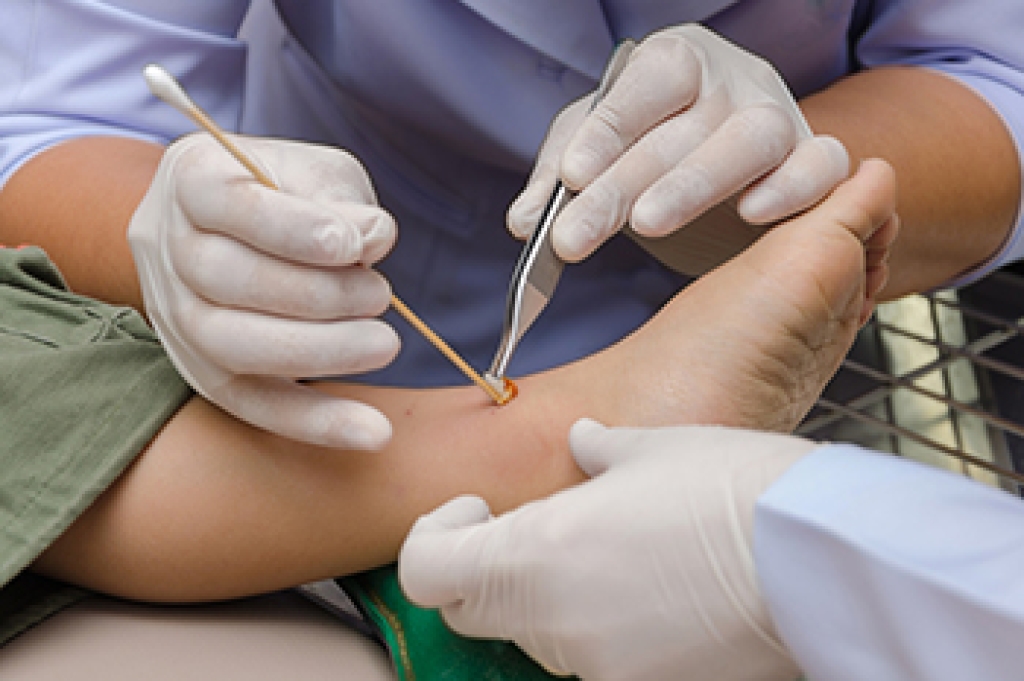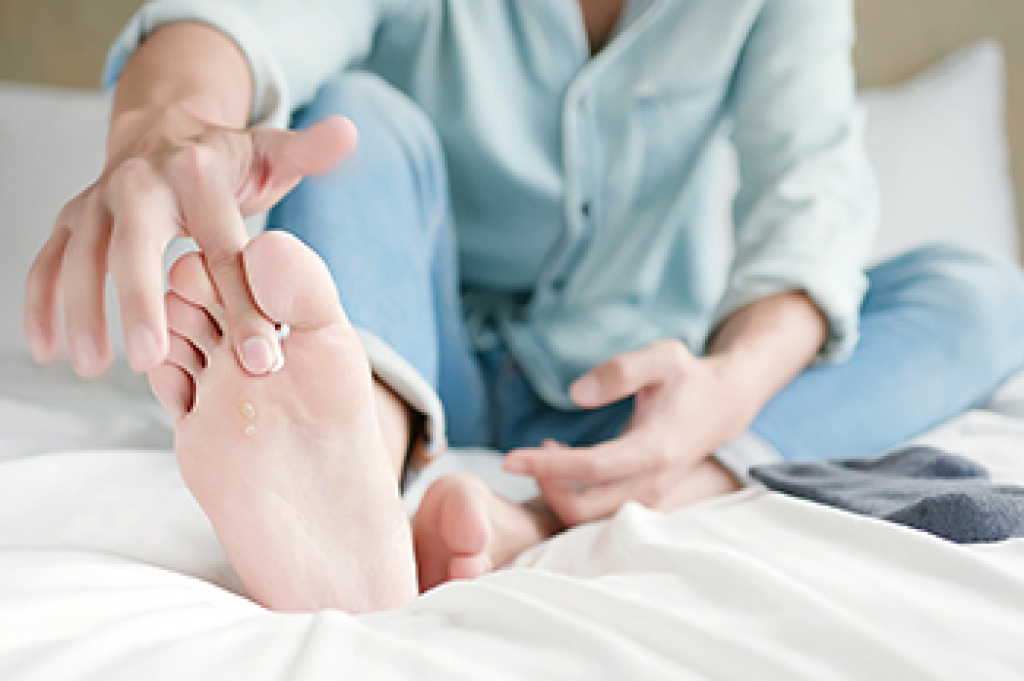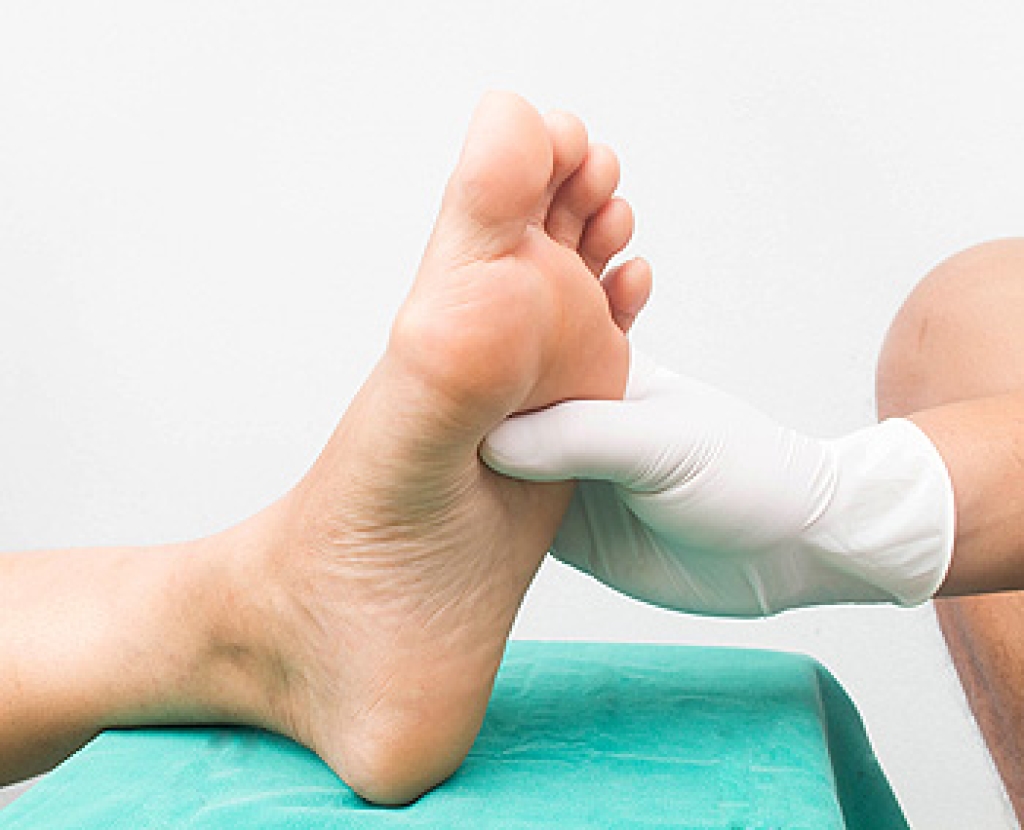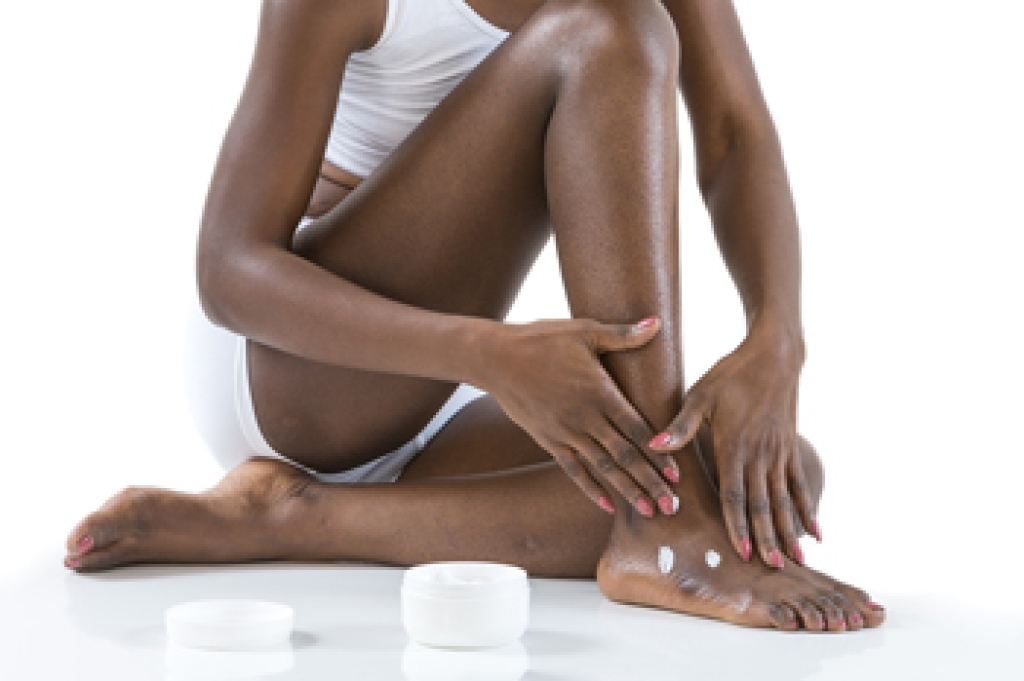
Cuts and sores are common occurrences, and many happen to the feet. This is especially true during the summer months, when people are more likely to wear sandals and flip flops. In most cases, these minor wounds heal with a small amount of antiseptic gel and a bandage. However, if a wound does not heal properly, it may cause painful foot conditions. Signs that a wound needs professional care can include excessive bleeding, increasing pain, and pus or discharge. If a foot wound is becoming worse, a podiatrist can treat it with a series of actions. This can begin with flushing out the wound for any foreign particles that may be embedded, likely followed with a tetanus shot. With larger wounds, especially those bleeding profusely, stitches may be required, and pain medication will likely be prescribed. In certain cases, such as a diabetic ulcer, surgical treatment may be necessary. For more information about foot wound care, it is suggested that you make an appointment with a podiatrist as quickly as possible.
Wound care is an important part in dealing with diabetes. If you have diabetes and a foot wound or would like more information about wound care for diabetics, consult with one of our podiatrists from APEX Foot & Ankle Center. Our doctors will assess your condition and provide you with quality foot and ankle treatment.
What Is Wound Care?
Wound care is the practice of taking proper care of a wound. This can range from the smallest to the largest of wounds. While everyone can benefit from proper wound care, it is much more important for diabetics. Diabetics often suffer from poor blood circulation which causes wounds to heal much slower than they would in a non-diabetic.
What Is the Importance of Wound Care?
While it may not seem apparent with small ulcers on the foot, for diabetics, any size ulcer can become infected. Diabetics often also suffer from neuropathy, or nerve loss. This means they might not even feel when they have an ulcer on their foot. If the wound becomes severely infected, amputation may be necessary. Therefore, it is of the upmost importance to properly care for any and all foot wounds.
How to Care for Wounds
The best way to care for foot wounds is to prevent them. For diabetics, this means daily inspections of the feet for any signs of abnormalities or ulcers. It is also recommended to see a podiatrist several times a year for a foot inspection. If you do have an ulcer, run the wound under water to clear dirt from the wound; then apply antibiotic ointment to the wound and cover with a bandage. Bandages should be changed daily and keeping pressure off the wound is smart. It is advised to see a podiatrist, who can keep an eye on it.
If you have any questions please contact our offices located in Fort Myers, Shellpoint, and Naples, FL . We offer the newest diagnostic and treatment technologies for all your foot and ankle needs.




